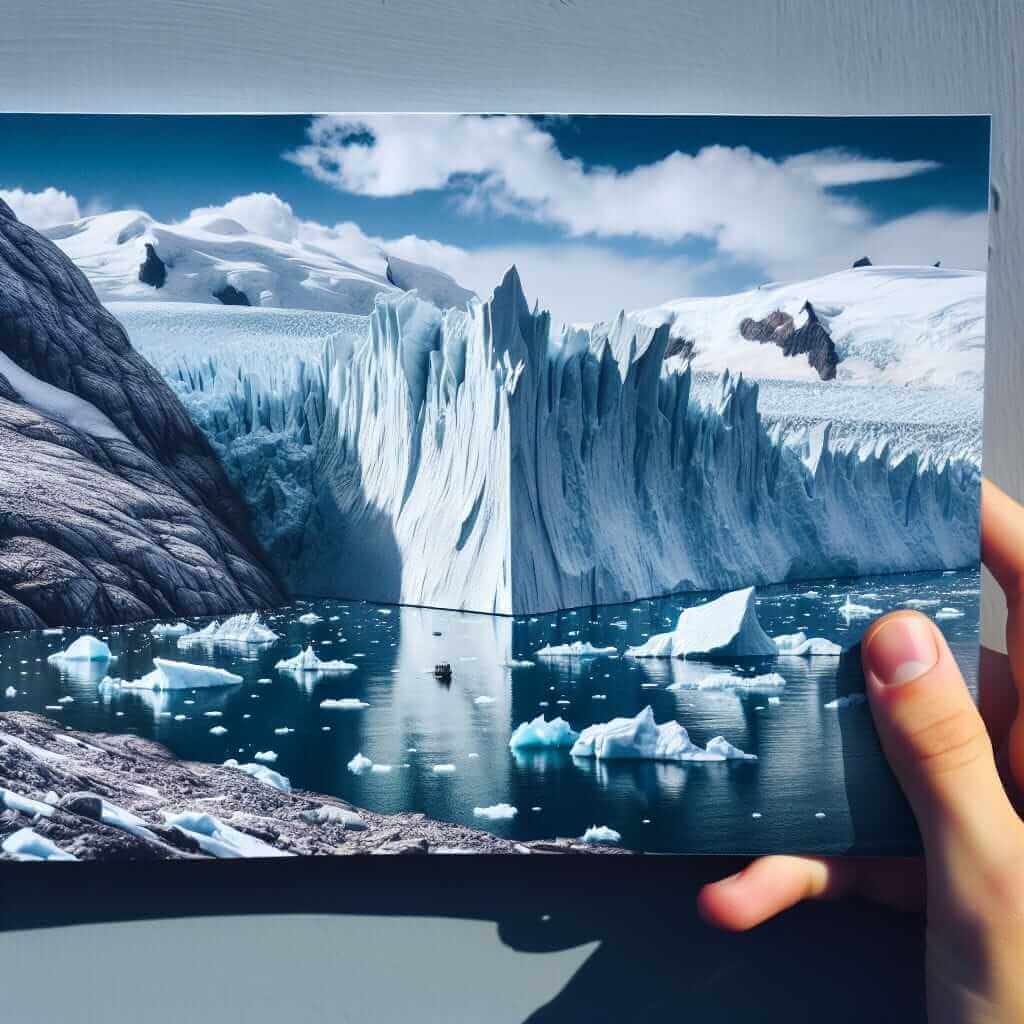The IELTS Reading section demands a comprehensive understanding of various global issues, among which climate change is a recurrent topic. Given its significance and the extensive media coverage, the theme “How is climate change affecting global weather systems?” is highly likely to appear in future IELTS exams. This article will delve into this topic, providing a detailed IELTS Reading practice exercise, complete with questions and answers, to help you prepare effectively.
Understanding how climate change influences weather systems can equip you with the necessary vocabulary and context for the Reading section. This article will break down the essential components and provide expert insights into tackling related questions.
Reading Passage
How is Climate Change Affecting Global Weather Systems?
Climate change is having profound effects on global weather systems, altering patterns and intensifying extreme weather events. This intricate phenomenon involves a range of interconnected processes driven primarily by human activities, particularly the emission of greenhouse gases.
Warming Temperatures
One of the most apparent impacts of climate change is the steady increase in global temperatures. Rising temperatures have led to more frequent and prolonged heatwaves, affecting human health, agriculture, and natural ecosystems. Regions that traditionally enjoyed mild weather are now experiencing unprecedented heat.
Changing Precipitation Patterns
Climate change is also disrupting precipitation patterns. Some areas are witnessing increased rainfall and severe flooding, while others are grappling with prolonged droughts. These changes in precipitation have significant implications for water resources, agriculture, and biodiversity.
Intensification of Storms
Another critical consequence of climate change is the intensification of storms. Warmer ocean temperatures provide more energy for storms, making them more powerful and destructive. The Atlantic hurricane season, for instance, has seen a marked increase in the frequency and intensity of hurricanes.
Melting Polar Ice
The melting of polar ice caps and glaciers is a direct result of rising global temperatures. This not only contributes to sea level rise but also affects weather patterns. The loss of ice alters the Earth’s reflectivity, or albedo, which in turn can disrupt global atmospheric circulation patterns.

The cascading impact of these changes on global weather systems underscores the urgency of addressing climate change. The interconnectedness of these phenomena highlights how local changes can have far-reaching global effects.
Questions
Multiple Choice
-
What is one of the primary drivers of climate change mentioned in the passage?
- A. Natural cycles
- B. Human activities
- C. Ocean currents
- D. Volcanic eruptions
-
Which of the following is a direct consequence of rising global temperatures?
- A. Increased rainfall
- B. Melting of polar ice
- C. Decreased hurricane frequency
- D. Stable weather patterns
Identifying Information (True/False/Not Given)
- Some regions are experiencing unprecedented heat due to rising temperatures. (True/False/Not Given)
- Climate change has resulted in more well-distributed precipitation across the globe. (True/False/Not Given)
Sentence Completion
- Warmer ocean temperatures provide more energy for storms, making them ____.
- The loss of ice alters the Earth’s reflectivity, known as ____.
Answers and Explanations
Multiple Choice
-
B. Human activities
- Explanation: The passage clearly states that human activities, especially the emission of greenhouse gases, are a primary driver of climate change.
-
B. Melting of polar ice
- Explanation: The passage mentions that rising global temperatures have led to the melting of polar ice caps and glaciers.
Identifying Information
-
True
- Explanation: The passage explicitly mentions that regions traditionally enjoying mild weather are now experiencing unprecedented heat due to rising temperatures.
-
False
- Explanation: The passage explains that climate change is disrupting precipitation patterns, not making them well-distributed. Some areas are facing increased rainfall and floods, while others are experiencing droughts.
Sentence Completion
-
more powerful and destructive
- Explanation: The passage notes that warmer ocean temperatures make storms more powerful and destructive.
-
albedo
- Explanation: The passage specifies that the loss of ice alters the Earth’s reflectivity, known as albedo.
Common Pitfalls
- Misinterpreting Information: Ensure you understand the context and avoid confusing related concepts. For instance, distinguishing between cause and effect in the passage is crucial.
- Guessing without Evidence: In the True/False/Not Given section, rely only on the passage information. If something is not mentioned, don’t assume it to be true or false.
Vocabulary
- Phenomenon (noun): /fəˈnɒmɪnən/ – An observable event or fact
- Prolonged (adjective): /prəʊˈlɒŋd/ – Continuing for a long time or longer than usual
- Biodiversity (noun): /ˌbaɪoʊdaɪˈvɜːsəti/ – The variety of plant and animal life in a particular habitat
- Albedo (noun): /ælˈbiːdoʊ/ – The proportion of the incident light or radiation that is reflected by a surface
Grammar Focus
The Use of Passive Voice
- Structure: Subject + to be + past participle
- Example: “The melting of polar ice caps is caused by rising global temperatures.”
Conditional Sentences
- Structure: If + present simple, + will + infinitive
- Example: “If we reduce greenhouse gas emissions, we will mitigate the impacts of climate change.”
Tips for High Reading Scores
- Practice Regularly: Consistent practice with diverse topics helps improve comprehension and speed.
- Expand Vocabulary: Improve understanding by learning new words and their usages.
- Analyze Mistakes: Review incorrect answers and understand the reasons behind them.
- Time Management: Practice completing reading sections within the allocated time to improve efficiency.
By rigorously practicing and comprehending passages like the one above, you’ll be better equipped to handle the IELTS Reading section effectively. Keep practicing, stay curious, and expand your knowledge on diverse topics to enhance your performance.